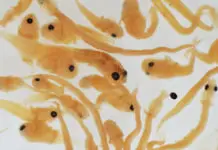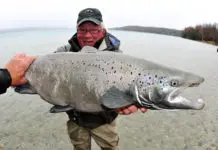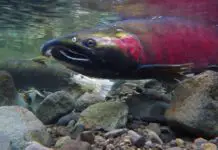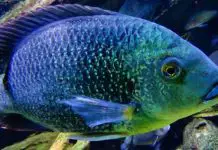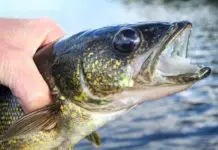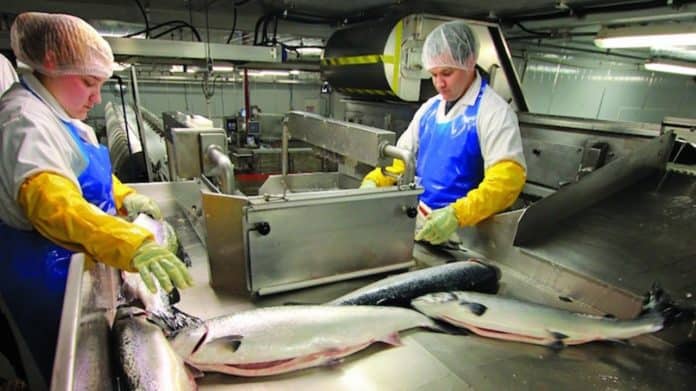
Canada: The B.C. Salmon Farmers Association posts a Corrections/Clarifications section to its web site. Not surprisingly, anti-salmon farming campaigner Alexandra Morton figures prominently in the first posting
There are seven pages of comments and statements made by Alexandra Morton and accompanying corrections/clarifications on the new web site of the BCSFA that calls for interesting reading. There are also a list of “Hot Topics”, such as statements regarding issues like Closed Containment, Escapes and ISA. There is also a clarifying section on the sometimes controversial subject of Atlantic salmon egg imports- a practise that has been all but halted in recent years;
During the early years of the BC salmon aquaculture industry, salmon egg imports were relied on significantly to develop farm stock. The cost of eggs and the stringent regulations on import to protect wild fish stocks however, led to companies rapidly developing their own broodstock and egg sources. That significant research and development activity has resulted in a near‐elimination of imports. When they do occur, egg imports continue to be subject to stringent regulations, including the requirement that eggs be sourced from and accepted to Department of Fisheries and Oceans‐approved facilities and that strong quarantine measures are followed. Recent changes to Canadian regulations meant that any imports have to be approved under the Health and Animals Act, which is the responsibility of the Canadian Food Inspection Agency. The transition of these regulations is underway and a valid Import Permit is still required.
Only eyed eggs (fertilized eggs that are about 35 days old, where the baby salmon’s eyes become visible inside the egg) are allowed to be imported, and only eight facilities have ever been approved sources. Today, Iceland is the only approved source of eggs for the limited import requirements of the industry. These regulations are important in ensuring that exotic diseases are not introduced into BC waters. Canada’s strict regulations and relatively small industry means that the level of import has never been as significant as in other jurisdictions. For example, Chile’s salmon aquaculture industry imported over 273‐million eggs between 1995 and 1999, while DFO reports the maximum import total for BC as 12 million. The BC’s industry records show 9.6 million.
In early 2011, the Department of Fisheries and Oceans posted a table reportedly providing a record by year of the maximum amount of Atlantic salmon authorized for import by the BC salmon aquaculture industry. These numbers purport to reflect the highest allowable amount, which in many cases is significantly higher than the amount actually imported by BC companies. In some cases, the table does not reflect the records maintained by our companies.
The posting of this information is part of DFO’s increased effort to share information with the public regarding aquaculture operations since they undertook the Pacific Aquaculture Regulations in December 2010. We agree that having a central location for information from our government regulators is a good initiative. This particular posting is an example however, of how information without context can be confusing.
























